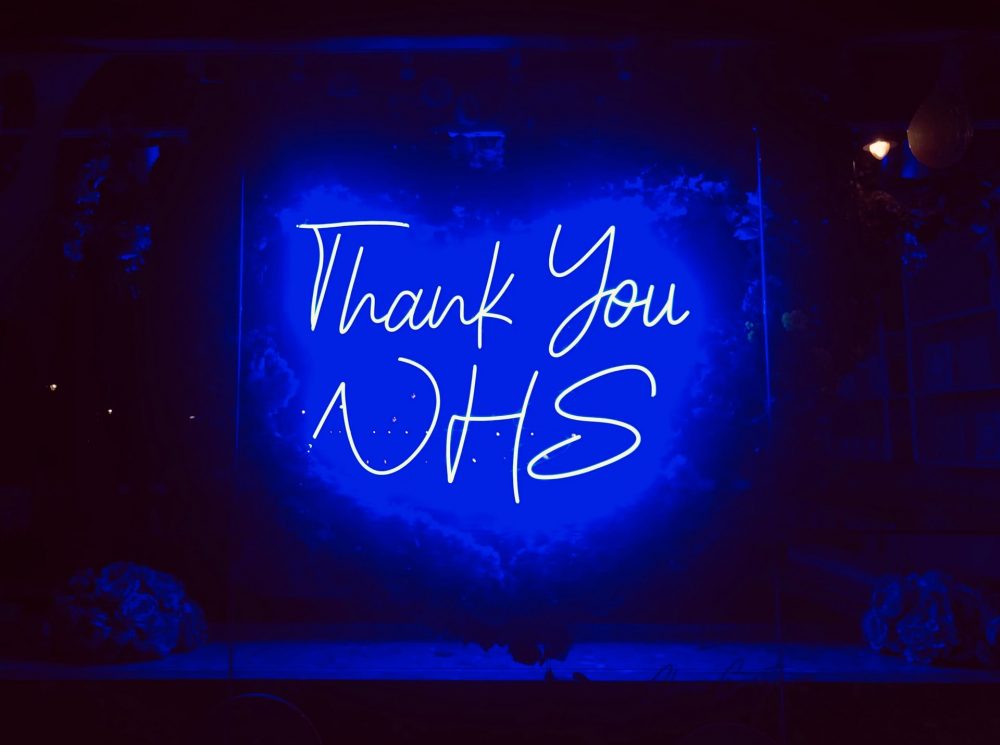Today (5 July) marks the 72nd anniversary of the National Health Service (NHS).
The NHS was born in 1948 and was spearheaded by the then current Minister of Health, Aneurin Bevan. The NHS grew out of legislation passed by the Labour Government after the Beveridge Report recommended creating a ‘comprehensive health and rehabilitation services for prevention and cure of disease’.
The NHS was a fundamental part of the process of rebuilding the country after the Second World War. The NHS would supply free care for everyone, despite their financial circumstances and Bevan famously stated that the organisation would provide care from ‘cradle to grave.’
Before the NHS, British citizens had to have insurance policies in order to pay for their health care bills. This often meant that the poorest in the country could not afford healthcare due to their low incomes.
“The NHS will last as long as there are folk left to fight for it” – Aneurin Bevan
The NHS is one of the world’s largest employers, with approximately 1.7 million employees. Currently, women currently make up 77 per cent of the NHS’s workforce. The NHS is largely funded by taxes and National Insurances contributions, but a small income comes from some chargeable services.
Throughout the years, the NHS has made a number of remarkable advancements including revealing DNA structure; the first kidney transplant and hip replacement; making the contraceptive pill widely available; the first test tube baby; and the introduction of comprehensive breast screening.
This year, the NHS’s birthday is dedicated to thanking everyone who has supported the NHS during coronavirus. People across the UK are being urged to Clap for Carers to help celebrate and show their support.
Clap for Carers founder, Annemarie Plas, is amongst those supporting the initiative as well as NHS England’s Chief Executive, Sir Simon Stevens. The collective round of applause is due to take place on 5th July.
Millions of people across the country joined in the original Clap For Carers at 8pm every Thursday evening. The last official event took place at the end of May.
WeAreTheCity covers the latest female centric news stories from around the world, focusing on women in business, careers and current affairs. You can find all the latest gender news here.
Don’t forget, you can also follow us via our social media channels for the latest up-to-date gender news. Click to follow us on Twitter, Facebook, Instagram, and YouTube.










Following the publication of the Beveridge Report in December 1942 it was Winston Churchill in his 21 March 1943 radio broadcast who spoke of providing care “From the Cradle to the Grave”. The things that the public value about the NHS were subsequently set out by Minister of Health Henry Willink in his March 1944 white paper ‘A National Health Service’.
Prior to the establishment of the NHS low paid workers, but not their families, had free GP consultations under Lloyd George’s National Health Insurance Act. Most large hospitals had outpatient departments where people could simply turn up and be seen.
The majority of hospitals were local government owned and run, the remainder voluntary (charitable). Hospital almoners only sought a contribution from those who could afford to pay. The idea that the poor were denied access to healthcare is utter nonsense.
‘last as long..’ was not said by Bevan, but is a line from a 1997 TV drama ‘Food for Ravens’ written by Trevor Griffiths.